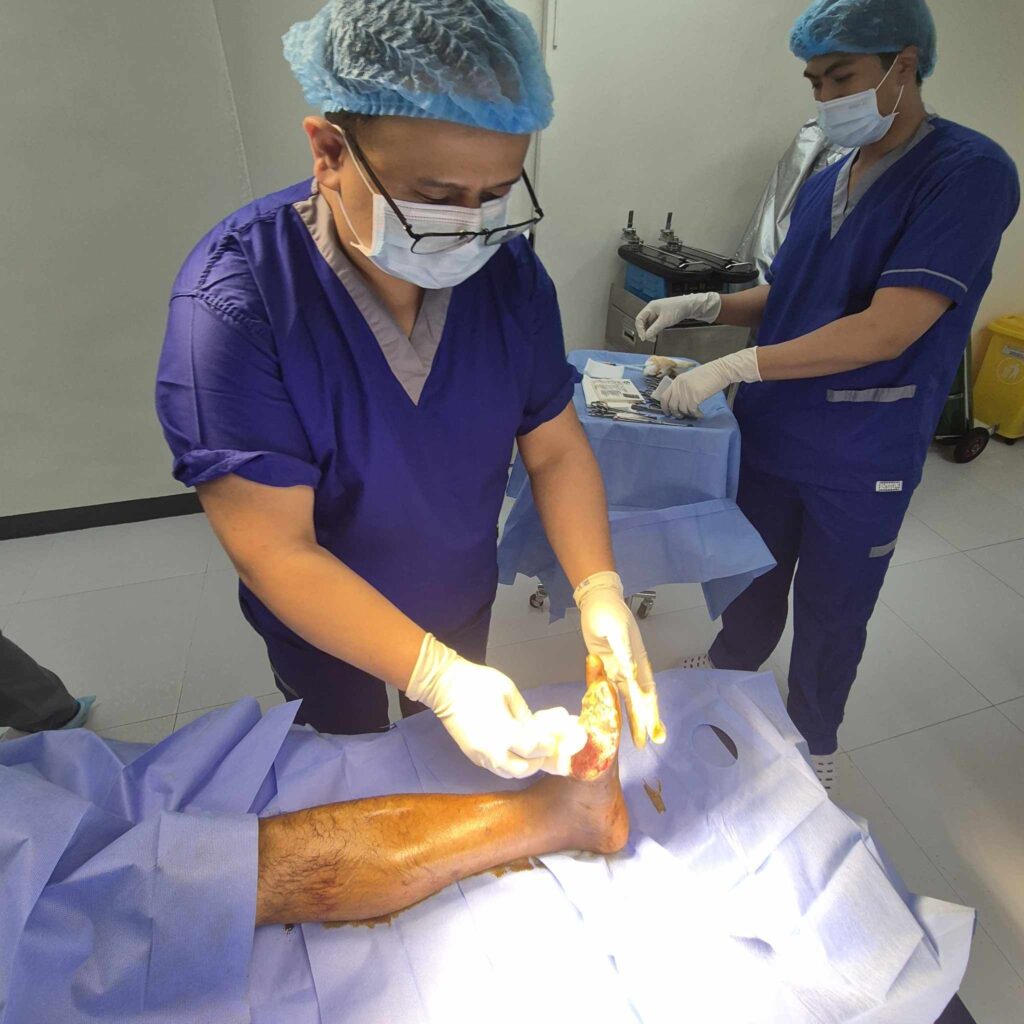Medical imaging plays a crucial role in modern healthcare, allowing physicians to visualize internal structures and diagnose a wide range of medical conditions. However, the traditional one-size-fits-all approach to imaging may not always be the most effective or efficient method. In recent years, there has been a growing recognition of the importance of personalized care in medical imaging, tailored to the unique needs of each individual patient.
Understanding Medical Imaging
Medical imaging encompasses a variety of techniques, including magnetic resonance imaging (MRI), computed tomography (CT) scans, X-rays, and ultrasound. These techniques offer valuable insights into the body’s internal workings and are instrumental in guiding treatment decisions. However, the limitations of a standardized approach are becoming increasingly evident.
The Rise of Personalized Care
Personalized care in medical imaging involves customizing imaging protocols and techniques to suit the specific needs of each patient. This approach takes into account factors such as age, medical history, underlying conditions, and personal preferences. By tailoring imaging strategies to individual patients, healthcare providers can optimize diagnostic accuracy and treatment outcomes.
Factors Influencing Personalized Care in Medical Imaging
Several factors influence the delivery of personalized care in medical imaging. Patient demographics, including age, gender, and ethnicity, play a significant role in determining the most appropriate imaging modalities and protocols. Additionally, the severity and nature of the medical condition being investigated influence the choice of imaging techniques and parameters.
Challenges and Limitations
Despite the potential benefits of personalized care in medical imaging, several challenges exist. Cost considerations, limited access to advanced imaging technologies, and the need for interdisciplinary collaboration pose barriers to widespread adoption. Additionally, ensuring the privacy and security of patient data is paramount in the era of digital healthcare.
Future Directions
The future of personalized care in medical imaging holds great promise, fueled by advancements in technology and data analytics. Artificial intelligence (AI) and machine learning algorithms have the potential to revolutionize medical imaging by automating image analysis, predicting treatment outcomes, and optimizing imaging protocols. Furthermore, ongoing research efforts aim to address the ethical and regulatory considerations associated with personalized imaging approaches.
Takeaway
Personalized care in medical imaging centre represents a paradigm shift in healthcare delivery, moving away from the one-size-fits-all approach towards individualized patient management. By embracing personalized imaging strategies, healthcare providers can improve diagnostic accuracy, enhance patient satisfaction, and ultimately, achieve better clinical outcomes. As we look towards the future, continued innovation and collaboration will be essential in realizing the full potential of personalized care in medical imaging.











